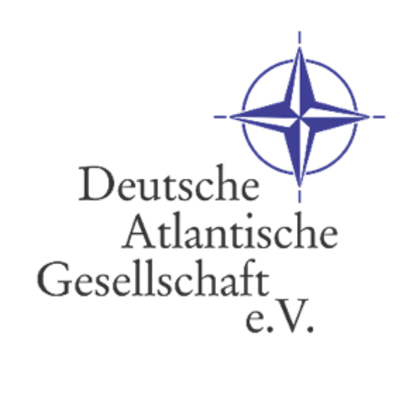What drives US intervention decisions? Experts discuss foreign policy decision-making, the use of military force, and the role of emotions.
Forcible regime change has been the US foreign policy instrument of choice in at least sixteen cases since 1906 – despite a mixed track record. Why? In his new book “The Origins of Overthrow”, Payam Ghalehdar introduces a novel argument about the drivers behind US military interventions: emotional frustration. A particular mix of hegemonic expectations, perceptions of hatred, and negative affect in US presidents, he argues, makes the turn to regime change more likely. A panel of experts will discuss the genesis of past policies and the future of US military interventions. Does the withdrawal from Afghanistan mean the end of the so-called “forever wars”? What about democracy promotion? Between restraint and regime change, what will US foreign policy look like going forward?
Join us for an online panel discussion with Payam Ghalehdar (Hertie/SAIS JHU), Trita Parsi (Quincy Institute for Responsible Statecraft) and Sophia Becker (German Council on Foreign Relations) on US foreign policy decision-making, military interventions, and the role of emotions.
This event is hosted by the Centre for International Security and the Deutsche Atlantische Gesellschaft.
Speakers
Panelists
Sophia Becker is a research fellow for US security and defense policy with the German Council on Foreign Relations’ (DGAP) Security and Defense Program. Before joining DGAP, she worked as a staffer for the head of the committee on foreign affairs of the German parliament. Most recently, she worked as a consultant for the Women in War Program at the Harvard Humanitarian Initiative, for Negotiation, Design & Strategy LLC, and for the Carr Center for Human Rights at Harvard University. As a McCloy Fellow, Becker spent two years at the Harvard Kennedy School of Government where she obtained a Master in Public Policy focusing on international and global affairs. She also holds a BA and MA in political science and international relations from Sciences Po Paris.
Dr. Payam Ghalehdar is a Fellow at the Centre for International Security at the Hertie School in Berlin and at the Kissinger Center at Johns Hopkins University (SAIS) in Washington, DC. His research focuses on US foreign, global order, and European foreign and security policy. He obtained his PhD in Political and Social Sciences from the European University Institute. Prior to his current appointment, he was a Lecturer in International Relations at the University of Cambridge and a Postdoctoral Research Fellow at the Belfer Center for Science and International Affairs at the Harvard Kennedy School.
Trita Parsi, PhD, is the Executive Vice President of the Quincy Institute for Responsible Statecraft. He is an award-winning author and an expert on US-Iranian relations as well as the geopolitics of the Middle East. In addition to his Ph.D., Parsi holds a Master’s Degree in International Relations from Uppsala University and a Master’s Degree in Economics from the Stockholm School of Economics. He has served as an adjunct professor of International Relations at Johns Hopkins University SAIS, New York University, and George Washington University, as well as an adjunct scholar at the Middle East Institute and as a Policy Fellow at the Woodrow Wilson International Center for Scholars in Washington DC. He currently teaches at Georgetown University in Washington DC.
Chair
Dr. Katharina Emschermann is the Deputy Director of the Centre for International Security at the Hertie School. She is in charge of the Centre’s outreach activities and hosts the podcast “Berlin Security Beat”. Her areas of expertise include transatlantic relations, and German as well as European foreign and security policy. She previously served as a foreign policy advisor to a member of the German parliament. Emschermann holds a PhD in International Relations from the University of Bremen.



